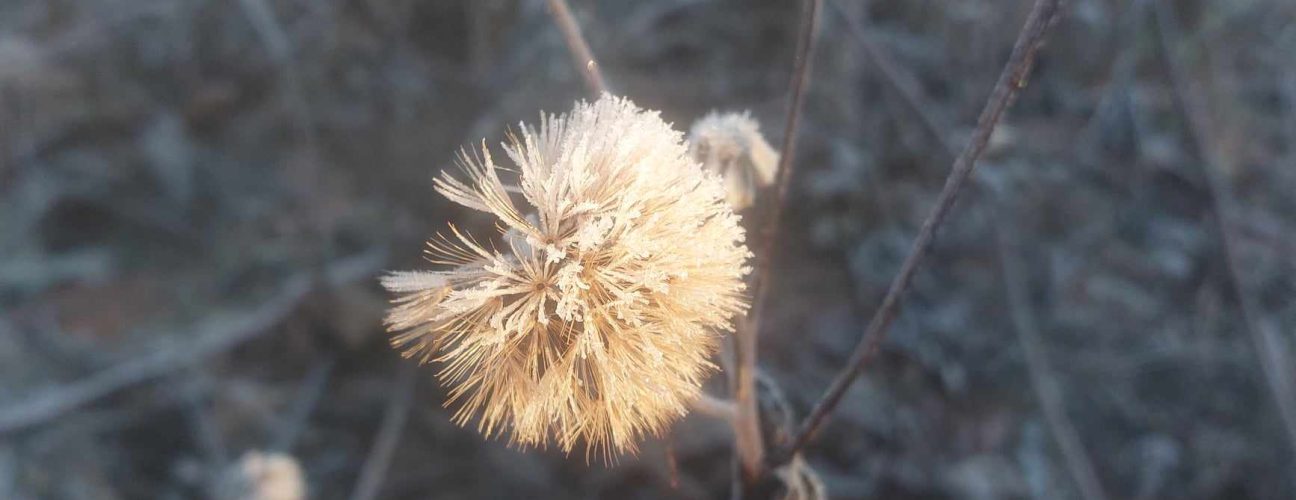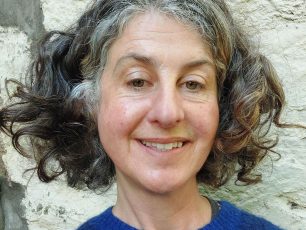We are delighted to be taking part in what will be the sixteenth annual gathering of the UK’s real food and farming movement, the Oxford Real Farming Conference, this coming January. It promises to be “the most interactive ORFC ever!” The “growing movement for change” as described by ORFC co-founder Ruth West, is always inspiring and a hugely positive and motivating way to start the new year. We wanted to highlight the sessions we will be involved in, along with some of our top picks from the ORFC in-person and on-line conference programme. With such an amazing programme, it’s difficult to narrow it down, but we thought we’d bring you a focus on the practical, sowing seeds for change…
#ORFC25
🐄 Doing Dairy Differently
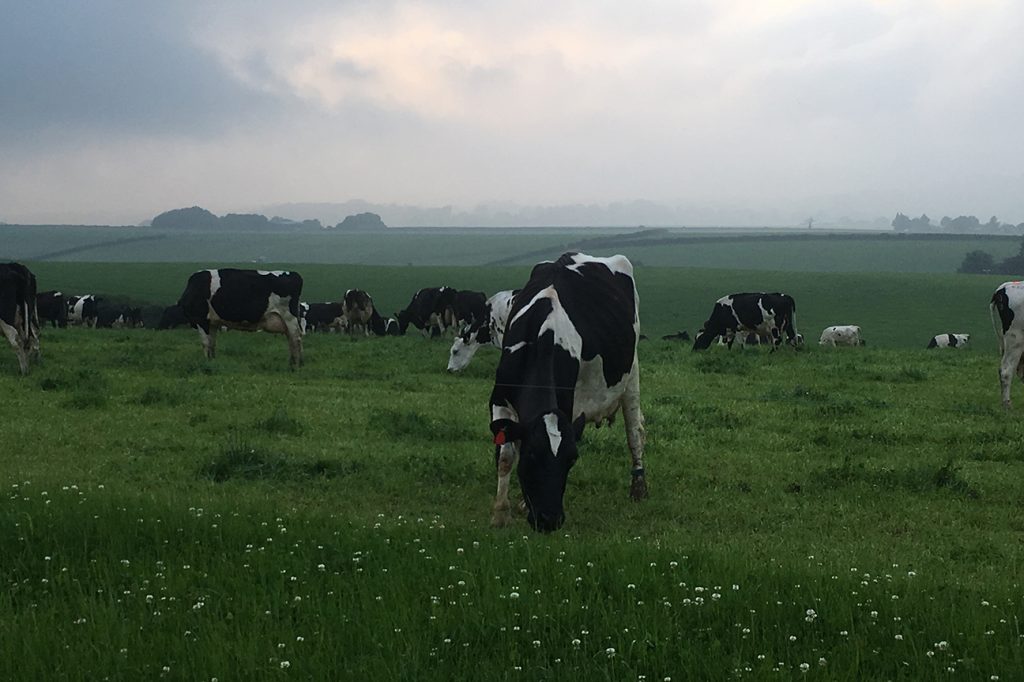
Thursday, 9th January, 11.00 – 12.30 GMT (In person and on-line)
Chaired by Sara Hall, Phyllida Warmington, Oliver Chedgey, Anna Bowen and Hallam Duckworth speaking
“Dairy is increasingly challenged for its environmental impact and its ongoing social licence with consumers. More and more farmers in the UK and further afield are exploring ways to do dairy differently, whether that’s enabling cow/calf contact, share milking with calves, integrating into arable systems or finding alternative routes to market that create stronger connections between the farm and the consumer. We will hear from farmers who are exploring these varied approaches and have been adjusting their systems to meet the complex demands put on them, environmentally, financially and socially.”
🌾 Grain Supply Chain Collaboration Through On-Farm Research
Thursday, 9th January, 11.00 – 12.30 GMT (In person)
Chaired by Andrew Trump, Rufus Pawsey, Mark Lea, Steven McAllister, and Catherine Howarth speaking
“Over the last few years, a collection of stakeholders in the organic grain sector have collaborated to run on-farm variety trials, helping select the most appropriate varieties for organic farming, as well as the highest quality varieties for the oat miller. Research is funded through a research levy paid by the farmers and the miller for mutually beneficial collaboration. Breeders and researchers also take part, adding value to the initiative in terms of varietal selection and data collection. The community approach is paramount, and also shows larger scale grain supply chains can be hugely beneficial, not least in providing healthy, affordable food. This is an innovative model that others could follow.”
🌳 Tree Fodder – What, Why and How?
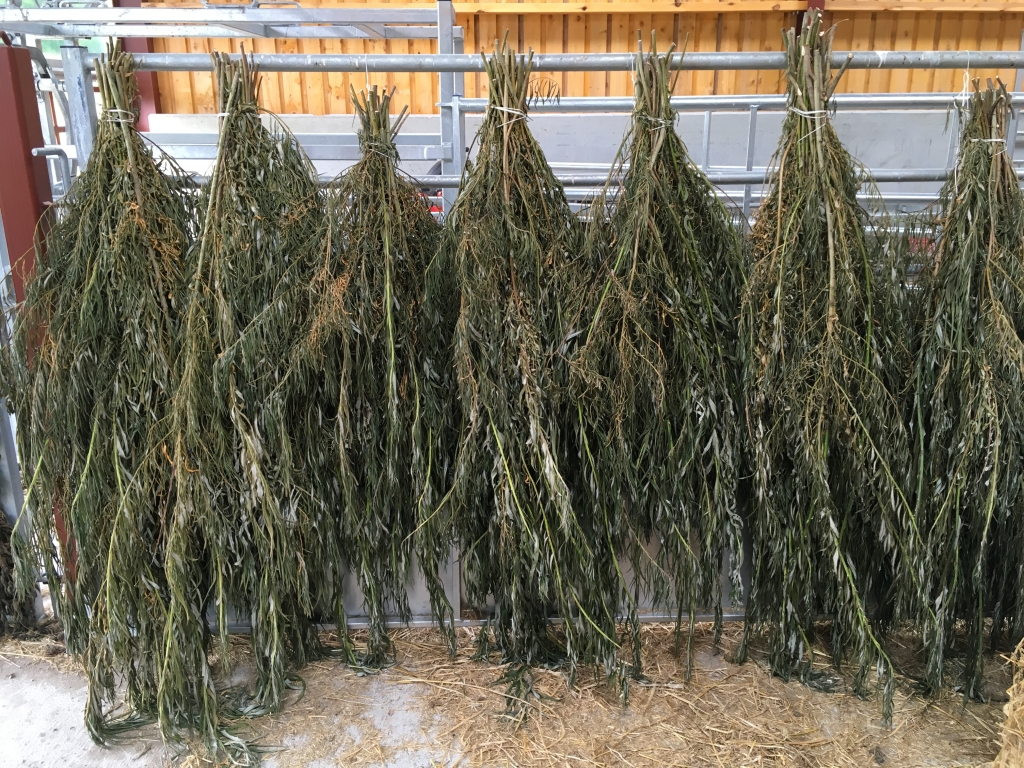
Thursday, 9th January, 13.00 – 13.45 GMT (In person)
Chaired by Matt Smee, Lindsay Whistance speaking
“The practice of making tree hay predates the making of hay from herb and flower rich meadows and has been used for over three millenia. In Europe and modern farming landscapes the practice has fallen out of favour, however the fodder can provide a vital source of feed and nutrients, add resilience to farm systems and provide a supplementary feed source. Join us for this session to learn all about the benefits, challenges and considerations related to the process of adopting tree fodder on farms.”
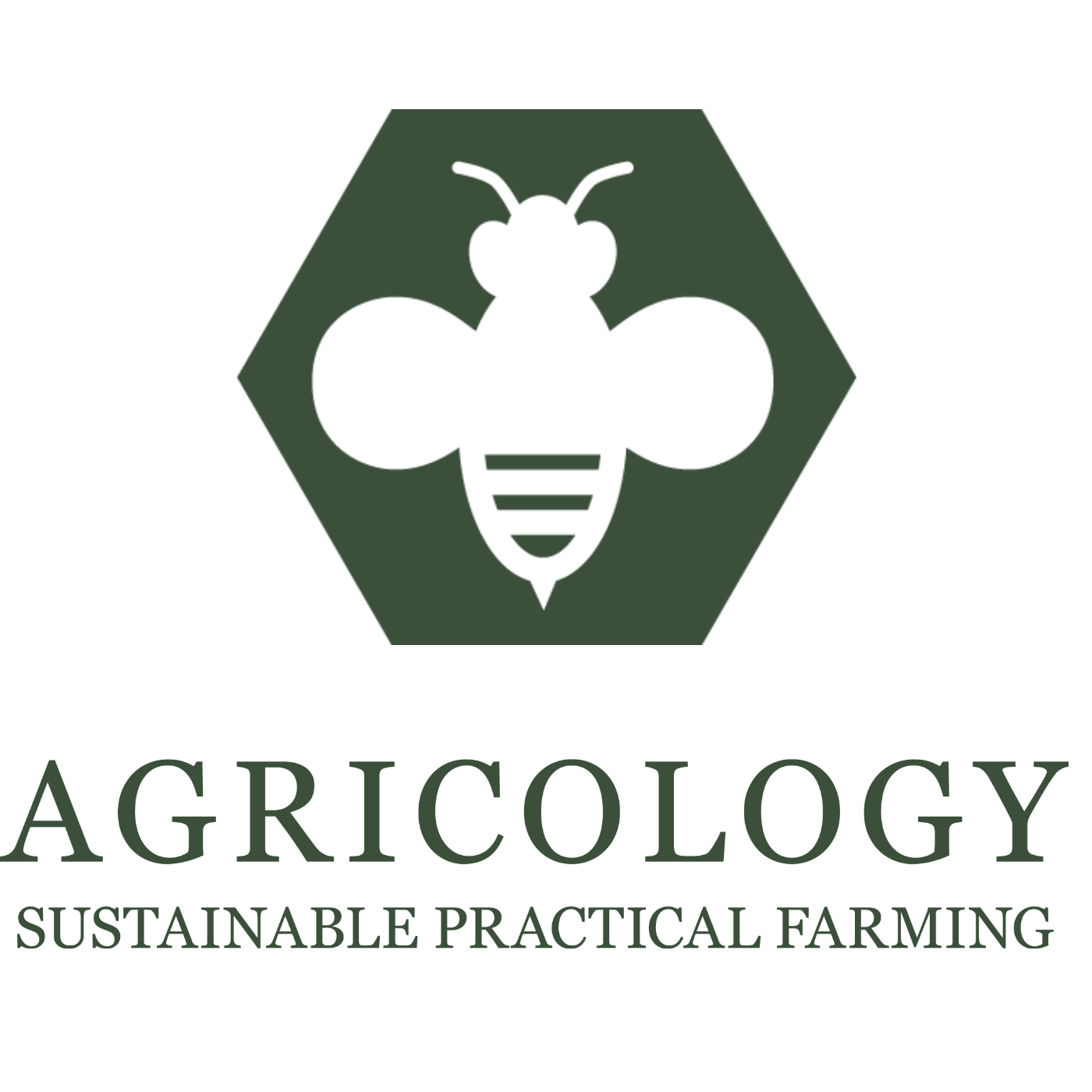
🪲 Activating Enzymes in Organic, Biodynamic Soils – Some Science
Thursday, 9th January, 14.00 – 15.30 GMT (In person)
Chaired by Gabriel Kaye, Richard Gantlett, Rafael Pflücker, Laura Wallwork, Dave Morris speaking
“A presentation of scientific research, including the most recent, on soil enzymes and plant growth. As science and the soil sciences take us into the ever smaller and more diverse intricate aspects of nature, soil health and the universe, we explore the work of enzymes. To take the example of compost teas and biodynamic preparations: science can show us how to help nature with micro biology, fungal activity and natural enzymes that feed our soils and plants. The more we discover the more we realise how complex our universe and ecosystem is and how much we do not yet understand; and we come closer to discovering what the healing power of nature can do when we help.”
🐛 Integrated Pest Management: Challenges, Opportunities and Synergies
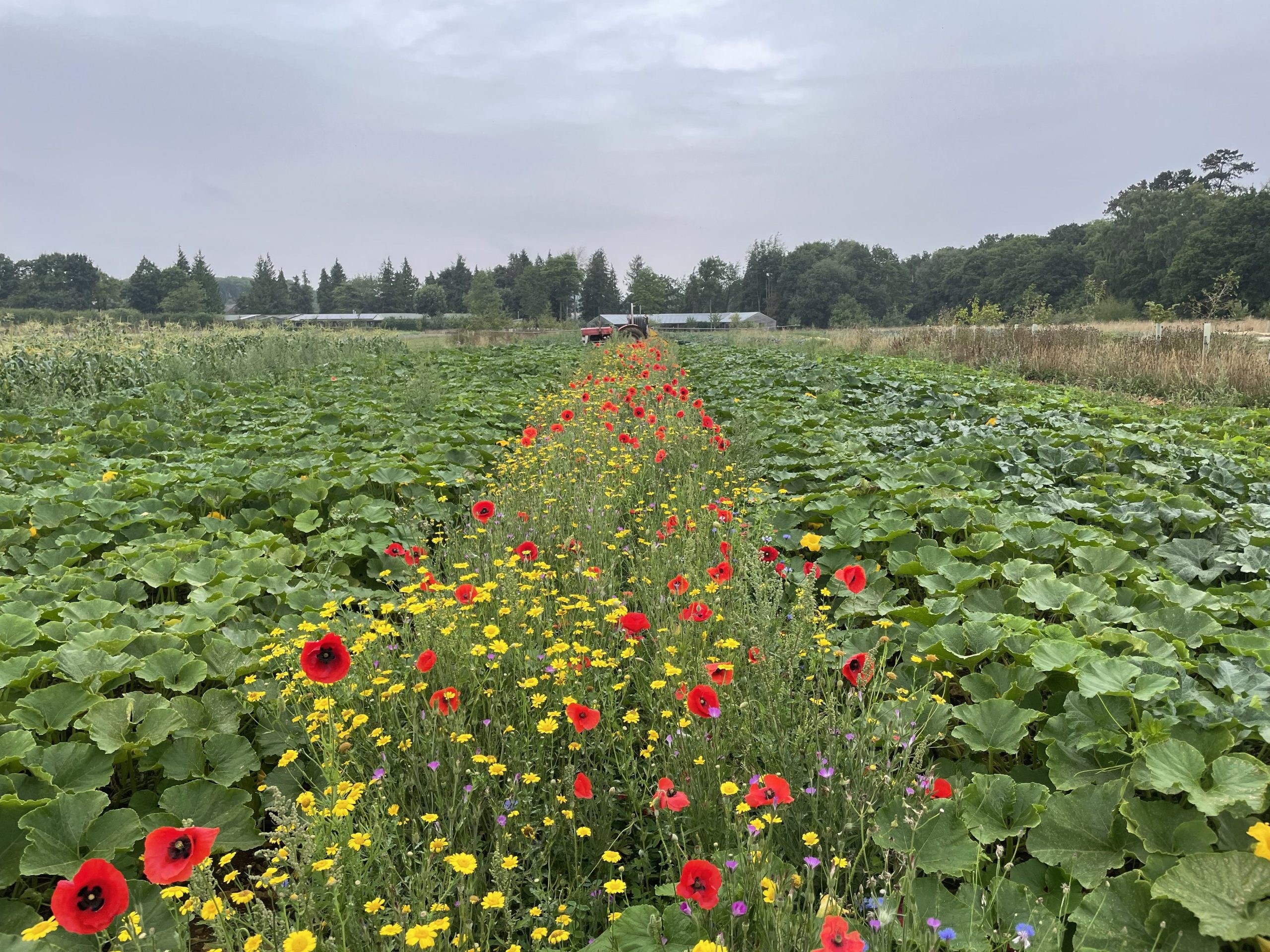
Thursday, 9th January, 16.00 – 17.30 GMT (In person)
Chaired by Rebecca Bragg, Rosemary Collier, Andy Dibben and Tom Pope speaking
“Integrated Pest Management (IPM) is a “decision support system for the selection and use of pest control tactics, singly or harmoniously coordinated into a management
strategy” (Kogan, 1998). In this session, two applied biologists will provide their latest practical recommendations for managing a selection of pest insect species, and a grower will describe their experience of using IPM strategies. The session will finish with a discussion on identifying and overcoming barriers to effective IPM. This is a knowledge exchange session that we hope will be beneficial for every kind of grower (arable and horticultural alike).”
🐑 Grazing for Good? Livestock and Biodiversity in the UK
Thursday, 9th January, 16.00 – 17.30 GMT (In person and on-line)
Chaired by Patrick Holden, Robert Barbour, Teleri Fielden, Jo Riggall and Molly Biddell speaking
“The separation and intensification of grassland and arable production, and the consequent loss of traditional mixed farming systems has represented one of the biggest drivers of biodiversity loss in the UK over the last century. However, well-managed grazing is key for a wide variety of habitats and species, many of which are endangered. This session will look at some of the ways in which grazing animals can support nature recovery in the UK: by improving biodiversity outcomes in our farmed landscape, maintaining the condition of semi-natural habitats; and by helping in the delivery of ecological restoration projects.”
🌾 Next Steps in Building a New Cereals Seed System
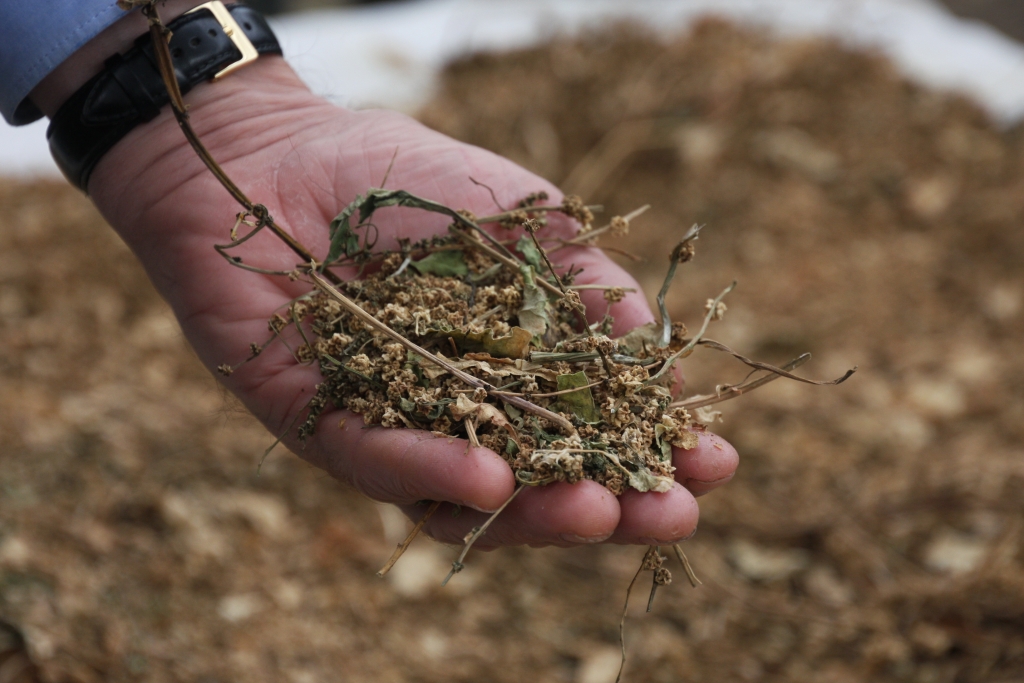
Friday, 10th January, 09.00 – 10.30 GMT (In person workshop)
Facilitated by Hattie Hammans, Josiah Meldrum and Steven Jacobs
“The current seed system emerged in the 20th century to protect farmers from disreputable merchants, to recognise and protect the efforts of plant breeders, and to drive
innovation. Over time, legislation and regulation emerged to codify and protect it. Today that seed system is failing to serve farming, milling, baking and eating preferences for
organic-agroecosystems. It appears slow to respond to climate change, biodiversity loss, resource constraints and diet-related ill-health and seems out of step with many farmers’ desire to do things differently. In this workshop, we will co-design an alternative seed system – one that’s adaptive, resilient and scale-appropriate.”
🥦 Silvohorticulture – Integrating Trees into Vegetable Growing Systems
Friday, 10th January, 11.00 – 12.30 GMT (In person)
Chaired by Harriet Bell, Andy Dibben and Ben Raskin speaking
“This session will explore how to intelligently integrate trees into horticultural crops. Both speakers have designed, established and managed agroforestry systems and have extensive experience in commercial horticultural crop production. This session will cover the benefits of trees for horticultural crops, potential crops from trees, system design options, planting, early tree establishment, tree protection, tree understory, cropping tree crops and potential negative impacts of trees on horticultural crops. It will also look at the very important role trees play in reversing biodiversity decline and in mitigating and adapting to climate change.”
🍀 Living with Living Mulches
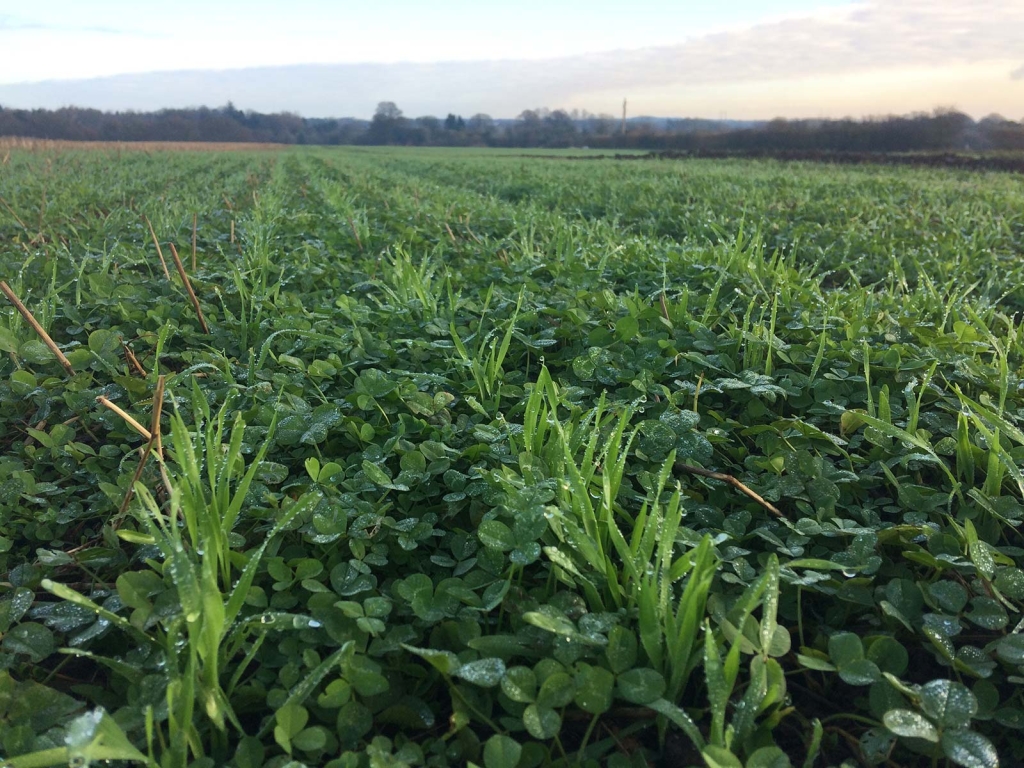
Friday, 10th January, 13.00 – 13.45 GMT (In person)
Chaired by Matt Smee, Mark Lea speaking
“Living mulches offer an alternative approach for growing arable crops, with research showing the practice can improve nitrogen availability, reduce runoff, increase biodiversity, promote soil health and improve ecosystem services. However, adopting the practice comes with many challenges and considerations. Join this deep dive session to hear from Mark Lea of Green Acres Farm as he looks back at four years of living mulches work on his farm in Shropshire. Hear about the challenges Mark has faced, the key practical considerations needed to adopt this approach and understand the findings from field research.”

🪱 The Role of Tillage: Science and Best Practice
Friday, 10th January, 14.00 – 15.30 GMT (In person)
Chaired by Mark Measures, Iain Tolhurst, Richard Gantlett, and Dominic Amos speaking
“Ploughing and cultivations are coming under increasing criticism, and yet field-scale organic and agroecological farmers are dependent on tillage for crop establishment and nutrient supply, weed control and crop yield. Research shows that far from being damaging, cultivation and plough-based organic systems can maintain or increase soil organic matter levels, ensure good soil structure and increase biological activity. No-till methods have not proved to be commercially viable in the UK. We will hear from farmers and growers, look at the science and discuss best cultivation practice.”
All information above on ORFC sesssions has been taken from the ORFC website.
View the full programme of in-person and on-line events here and here.
Author:
Published date:
13th December 2024Related farming theme:
Key Farming Practices:
- Cover crops
- Direct drilling
- Direct selling
- Encouraging beneficial insects
- Habitat creation
- Healthy livestock housing & shelter
- Homegrown feed
- Integrated pest management (IPM)
- Low input breeds
- Low input crop varieties
- Minimum Tillage
- Mulching
- No tillage
- Organic fertilisers
- Silvoarable
- Silvohorticulture
- Silvopastoral
- Silvopoultry
- Soil monitoring
Organisation(s):
- Oxford Real Farming Conference
